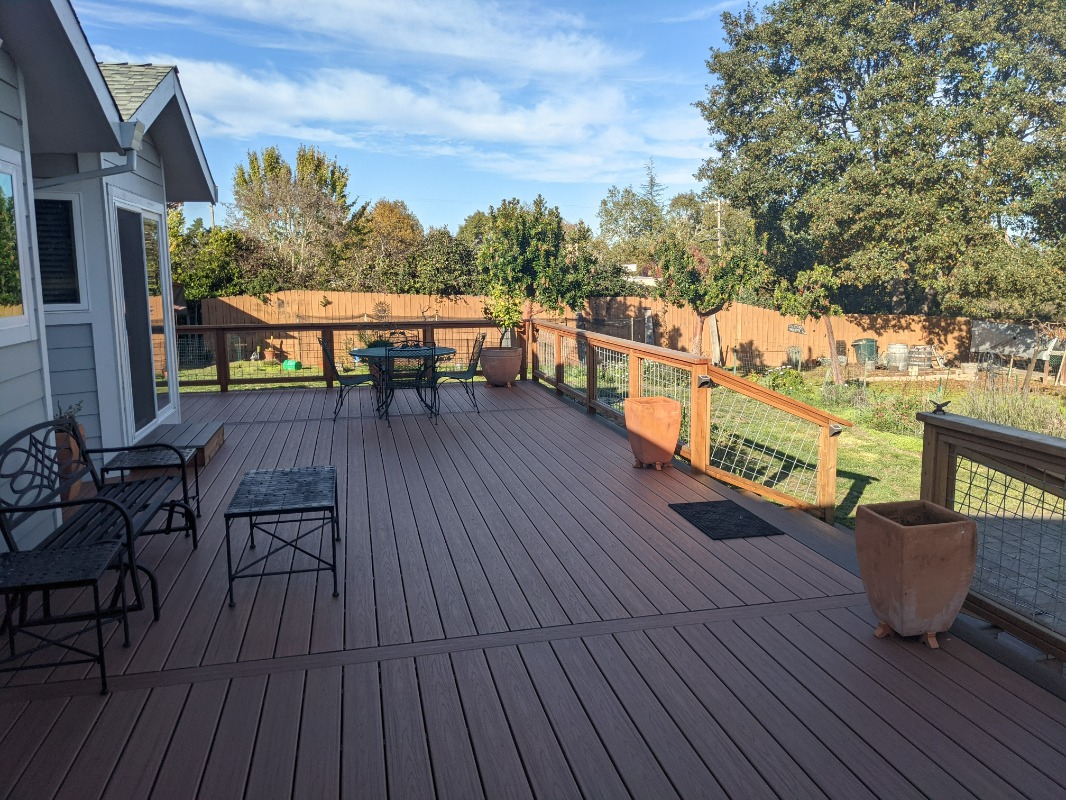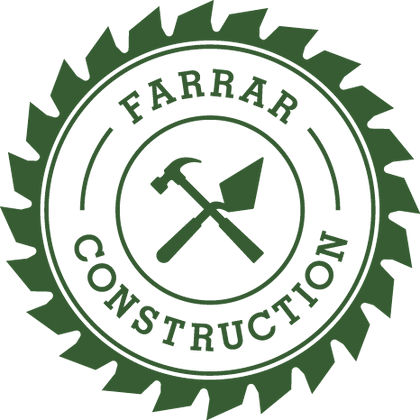Trex vs Wood: The Great Deck Building Debate
When a homeowner embarks on the journey of building a deck, they are faced with an initial decision: choosing the most suitable material. Two of the most popular options are traditional wood and composite decking, such as Trex. Both options have their own set of advantages and disadvantages, making the best choice contingent upon your unique requirements and personal preferences. Now, let's delve deeper into the comparison between Trex and wood when it comes to building decks.
Trex: The Future of Decking?
Trex is a type of composite decking made from a blend of wood particles and 95% recycled plastic. This unique combination gives Trex several advantages over traditional wood.
One of the most significant benefits of Trex is its durability. Unlike wood, Trex doesn't warp, crack, or splinter, making it an excellent choice for homeowners who want a low-maintenance deck. It's also resistant to insects, rot, and decay, which can extend the lifespan of your deck significantly. It cleans up easily with a gentle scrub and a low PSI pressure washer or garden hose.
Another advantage of Trex is its eco-friendliness. Because it's made from recycled materials, choosing Trex can help reduce your environmental footprint. Plus, Trex decks don't require any staining or sealing, which means you won't have to use potentially harmful chemicals to maintain your deck.
There are some possible drawbacks to Trex. It can be more expensive than wood, depending on the Trex collection one chooses. Lumber prices are ever escalating and California redwood prices are now comparable to Trex Enhance and Transcend. Enhance is the most economical choice, however, price and quality increase with the Select, Transcend and, at the top, Signature lines of decking. These are distinguished by their scratch resistance, warranties and color pigment profiles that can make them look more like real wood. However, while Trex does a good job of mimicking the look of real wood, some people feel it falls short of the real thing.

Wood: The Timeless Classic
Here in California, Redwood has been the go-to material for deck building for decades, and for good reason. It was affordable, and is easy to work with, resistant to rot and termites and offers a natural beauty that's hard to replicate.
Up until recently, the biggest advantage of redwood was its cost. Redwood was generally cheaper than Trex, making it a great choice for budget-conscious homeowners. However, since 2018, redwood prices have gone up nearly double in some categories. With this price increase, sadly, the quality of the redwood has gone down. Most old growth redwood has been cleared out with the logging boom and luckily, what remains is under protection. This means that most redwood milled today are from young redwood trees. This can affect the strength and integrity of the final product. New growth just can't compare to the strength of the old growth. This is just something to consider when choosing redwood today. Other wood considerations are thermally modified ash which is beautiful but can be expensive, bamboo decking (not wood but has that organic feel), Ipe and Cedar. However, We do not recommend Douglas Fir for exterior construction.
Still, redwood has a pleasing, aesthetic appeal. Many people love the warm, natural look of real wood, and no composite decking can perfectly mimic it. Plus, with wood, you have the option to stain or paint your deck any color you like, giving you more design flexibility.
However, wood isn't without its downsides. Wood decks require regular maintenance, including staining and sealing, to prevent damage from moisture and insects. Wood is also more prone to warping, cracking, and splintering than Trex, which can decrease the lifespan of your deck. There are also some areas in California prone to wildfires that will not permit new decks made of wood.
Conclusion
In conclusion, both Trex and wood have their pros and cons when it comes to deck building. If you want a durable, low-maintenance deck and don't mind paying a bit more, Trex could be the right choice for you. On the other hand, if you love the look of real wood and are working with a tight budget, a wood deck might be the better option.
Ultimately, the best material for your deck depends on your specific needs and preferences. Take the time to weigh the pros and cons of each option, and consider consulting with a professional deck builder to make an informed decision.
